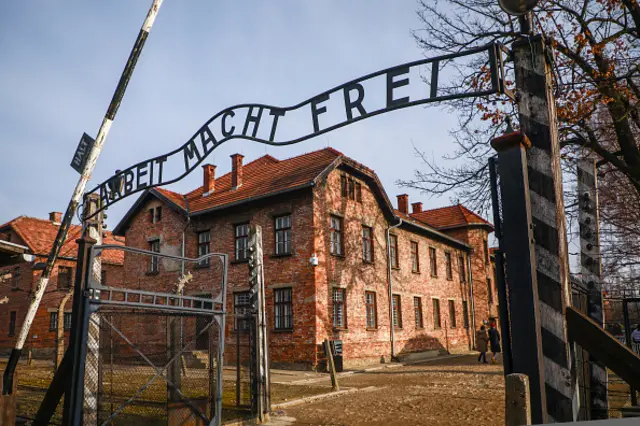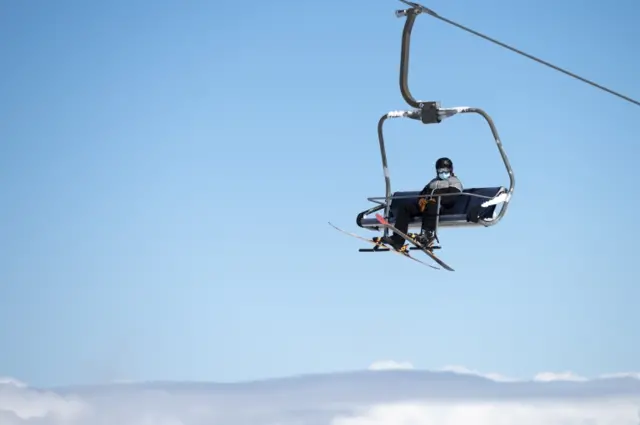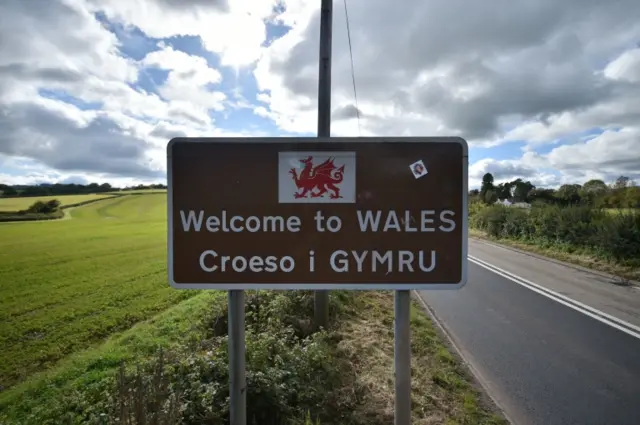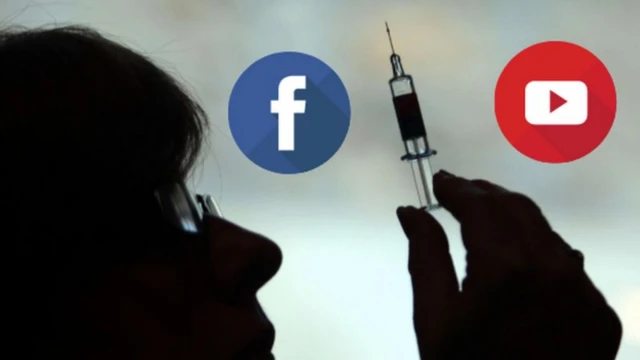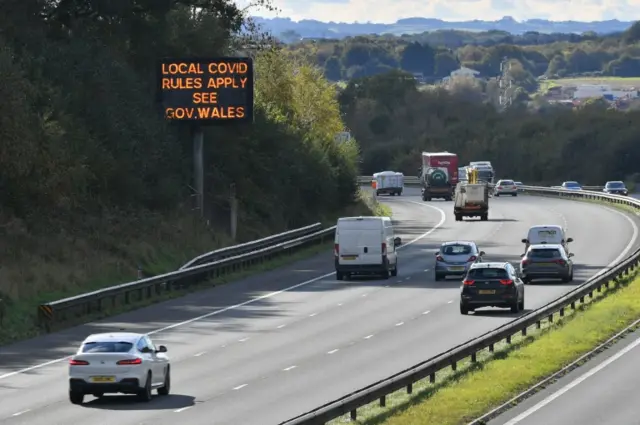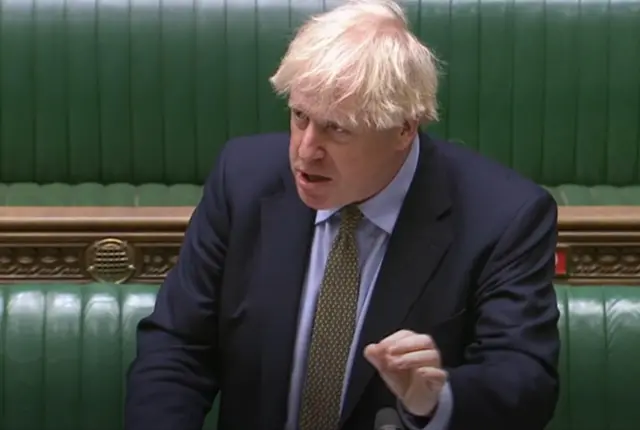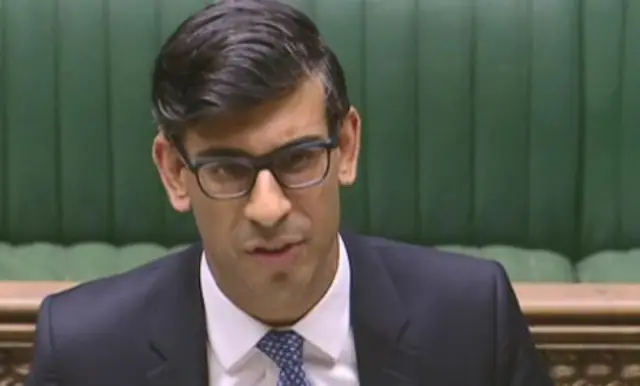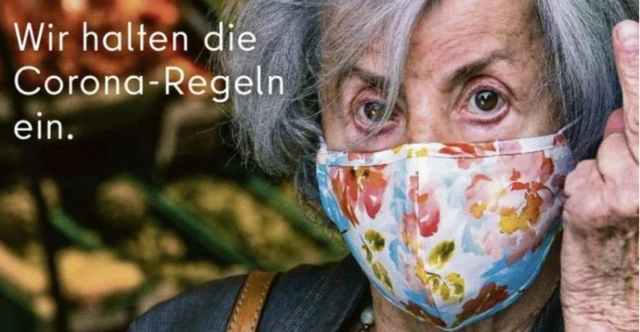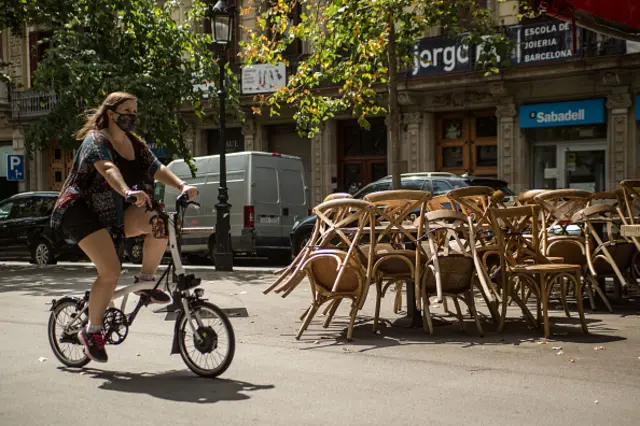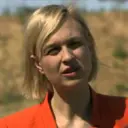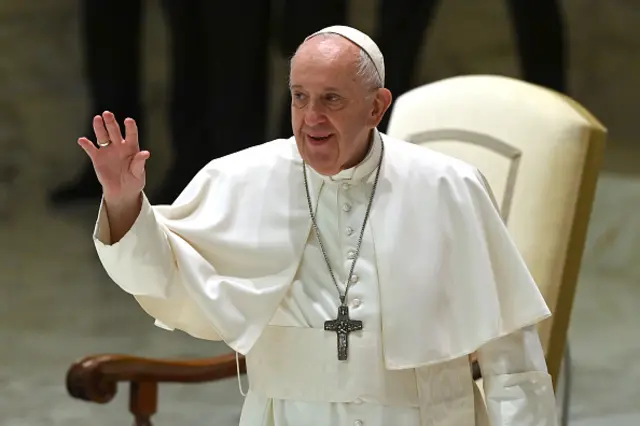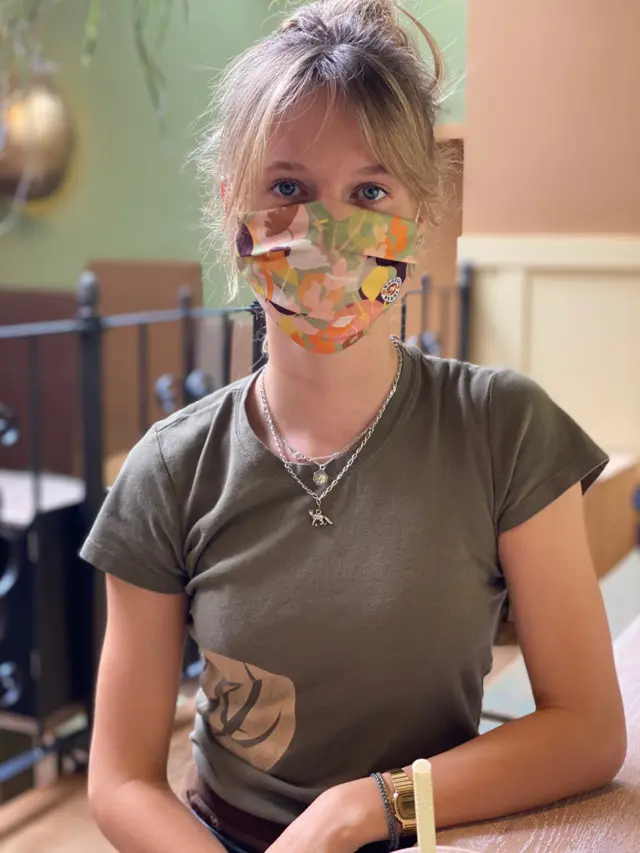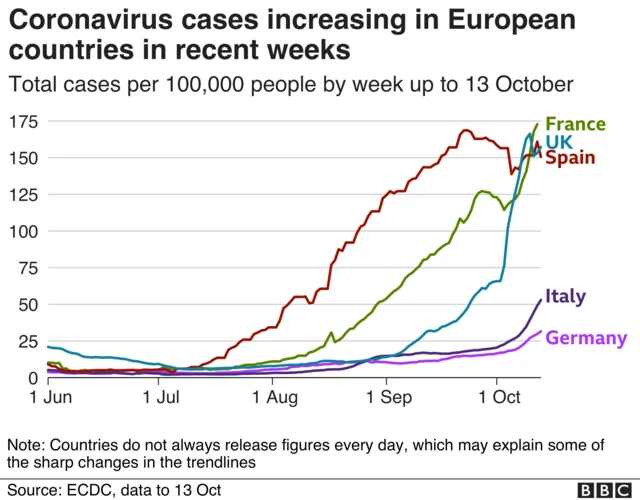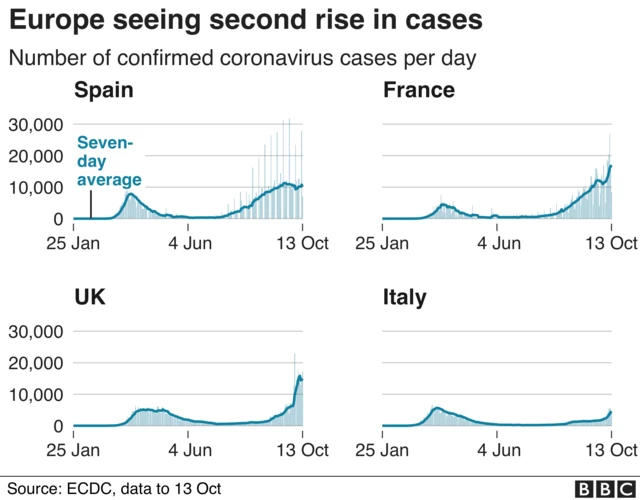Used tests handed out to households in Birminghampublished at 16:45 BST 14 October 2020
 Kathryn Stanczyszyn
Kathryn Stanczyszyn
Political Reporter, BBC WM
Birmingham City Council has admitted that used coronavirus test kits were handed out to households in Selly Oak as part of its drop and collect service.
The error happened on Tiverton Road on Tuesday - with some students claiming on social media that they did not realise the swabs were not new.
Around 25 used kits were handed out and the council said it had carried out an investigation overnight. It added that there was no evidence of cross-contamination from the used tests as the mistake was noticed quickly and the kits were still intact.
It said there would now be a "root and branch" review of the service.
